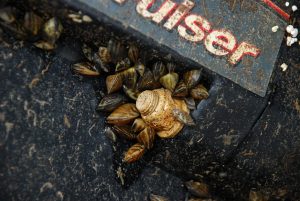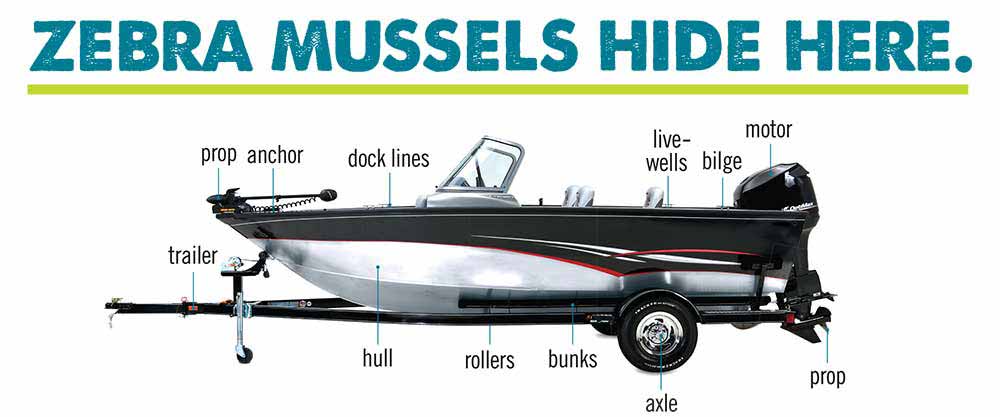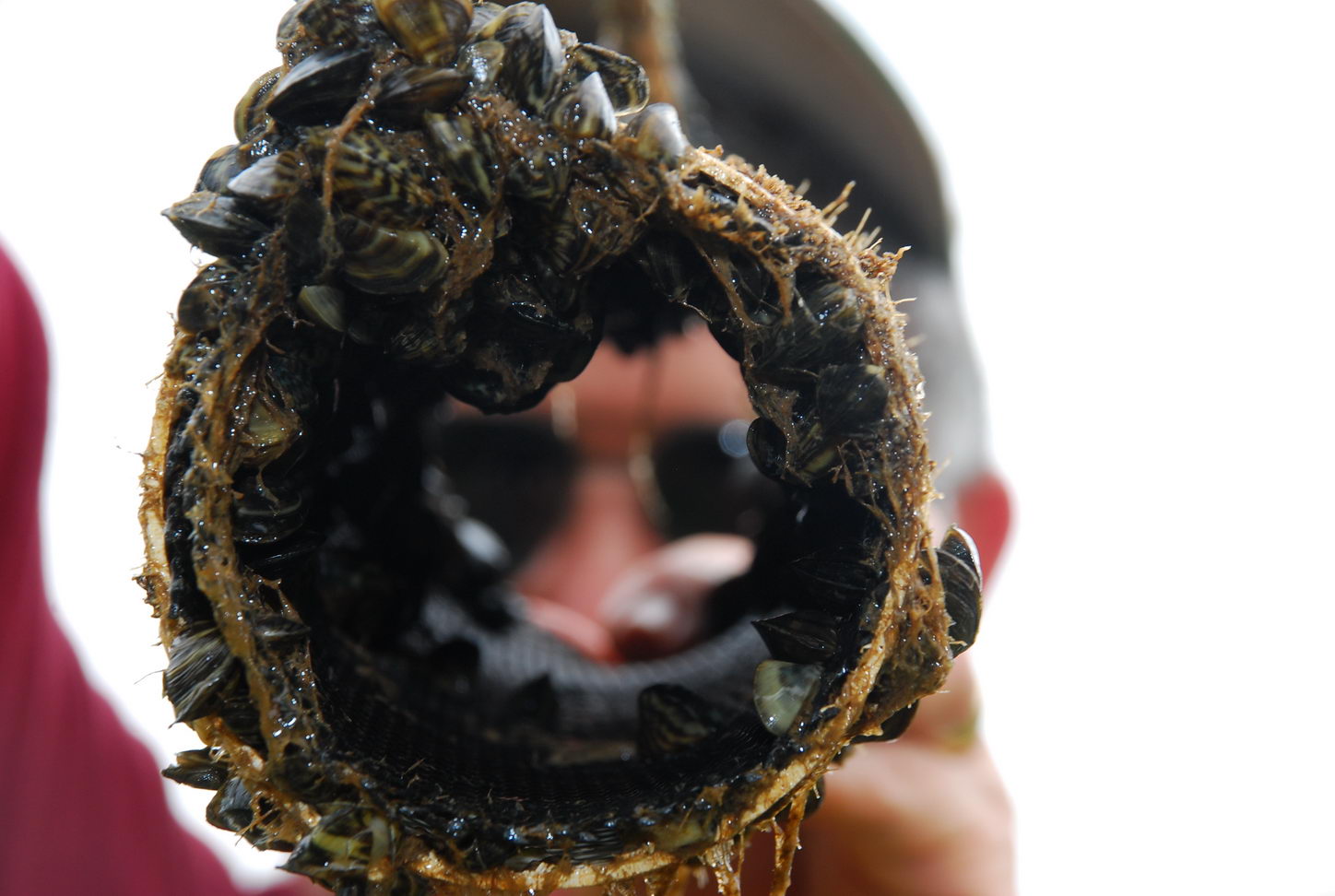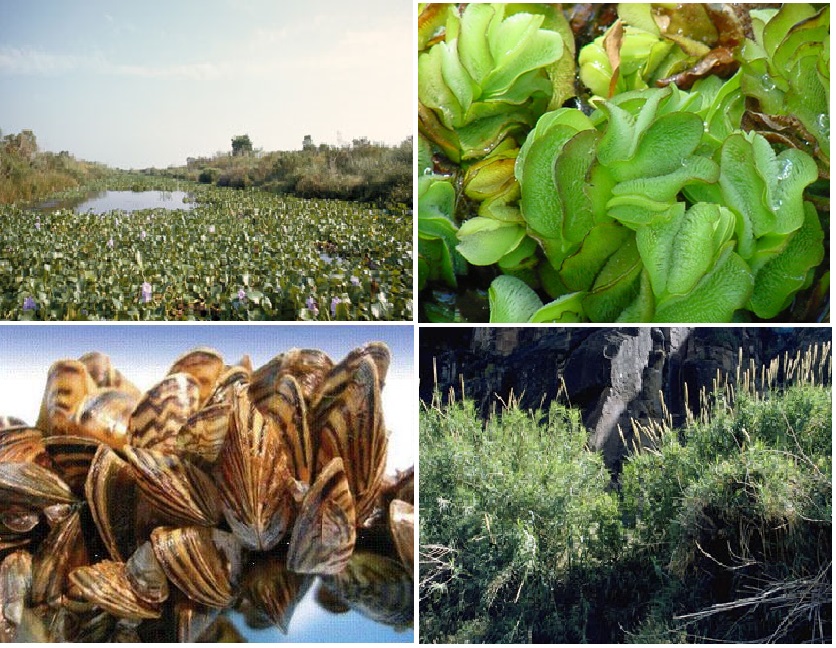Texas Boaters: Time to Clean, Drain & Dry
Thursday, May 10th, 2018This is Passport to Texas
Texans can help to protect their lakes this summer by properly cleaning, draining and drying boats and equipment every time they leave the water.
The threats to Texas’ aquatic ecosystems are many. In East Texas, the primary threat is giant salvinia – a highly invasive, free-floating aquatic fern that can make fishing, boating, swimming and other water recreation nearly impossible.
Another threat, Zebra mussels, have spread from North Texas to other lakes in East and Central Texas. These mussels can ruin shorelines with sharp shells, impact recreation, hurt native aquatic life, damage boats and clog water intakes.
If boaters take a few minutes to properly clean, drain and dry everything that touches the water before they leave, they become part of the solution. These simple steps can make a huge difference in our efforts to protect and preserve Texas lakes for future generations.
If you need incentive: the transport of aquatic invasive species can result in legal trouble for boaters, and it is punishable by a fine of up to $500 per violation.
Learn more about giant salvinia, zebra mussels and other invasive species in Texas at texasinvasives.org.
The Sport Fish restoration Program supports our series.
For Texas Parks and Wildlife…I’m Cecilia Nasti.






 Passport to Texas is a
Passport to Texas is a  Passport to Texas is made available by:
Passport to Texas is made available by: